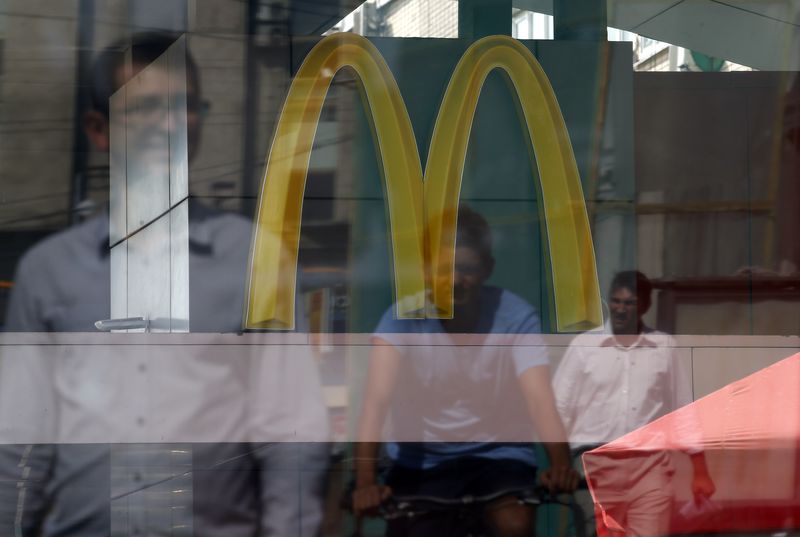By Andy Bruce
LONDON (Reuters) - British businesses enjoyed an unexpectedly strong start to the year, marked by faster hiring and rising new orders that bode well for economic growth in early 2015.
A monthly survey by Markit/CIPS of businesses in the dominant services sector suggested the economy as a whole is growing at a rate slightly above the 0.5 percent recorded in the final three months of 2014.
That is good news for Prime Minister David Cameron, who hopes Britain's economic recovery will persuade voters to return him to power in a national election on May 7.
The services Purchasing Managers' Index (PMI), published on Wednesday, rose to 57.2 in January from a 17-month low of 55.8 in December, topping all forecasts in a Reuters poll and staying well above the 50 mark denoting growth. Services comprise the vast bulk of Britain's private sector economy.
British businesses experienced faster growth than their euro zone peers, while the fall in oil prices dampened rising prices paid by services companies for goods and energy.
"As the general election race hots up, increasing talk of political uncertainty hurting UK growth has been doing the rounds," said Rob Wood, economist at Berenberg.
"But today's PMI suggests that a bull market in such talk is not translating into a bear market for business expansion."
Sterling edged up against the dollar and British government bond prices briefly extended losses as investors factored the signs of solid growth into their expectations for when the Bank of England will start to raise interest rates. Rates have sat at a record low of 0.5 percent for nearly six years. [GBP/]
Official data has shown a reduced pace of job creation in recent months, even as the headline employment rate fell to its lowest level in more than six years, at 5.8 percent.
But the services PMI's employment index rose by more than 2 points to 57.1 -- the best reading since last June and jointly the second-highest in the survey's 19-year history.
Survey compiler Markit said this signalled a rate of job creation of around 70,000 per month, a level last seen around midway through last year.
Growth and hiring across the construction and manufacturing industries also quickened, according to similar PMI surveys published earlier this week.
The UK composite PMI, which combines data from manufacturing, construction and services, rose to 56.9 in January from 55.5 in December.
Prices paid by services companies for goods and energy rose at the slowest pace since June 2009. Sharp falls in the price of fuel -- driven by oil prices more than halving over the last six months -- led to cuts in operating costs at many firms.

Markit's chief economist Chris Williamson said the lack of inflation pressures meant there was little likelihood of the Bank of England raising interest rates any time soon, leaving early 2016 as the most likely time for a first rate hike.
